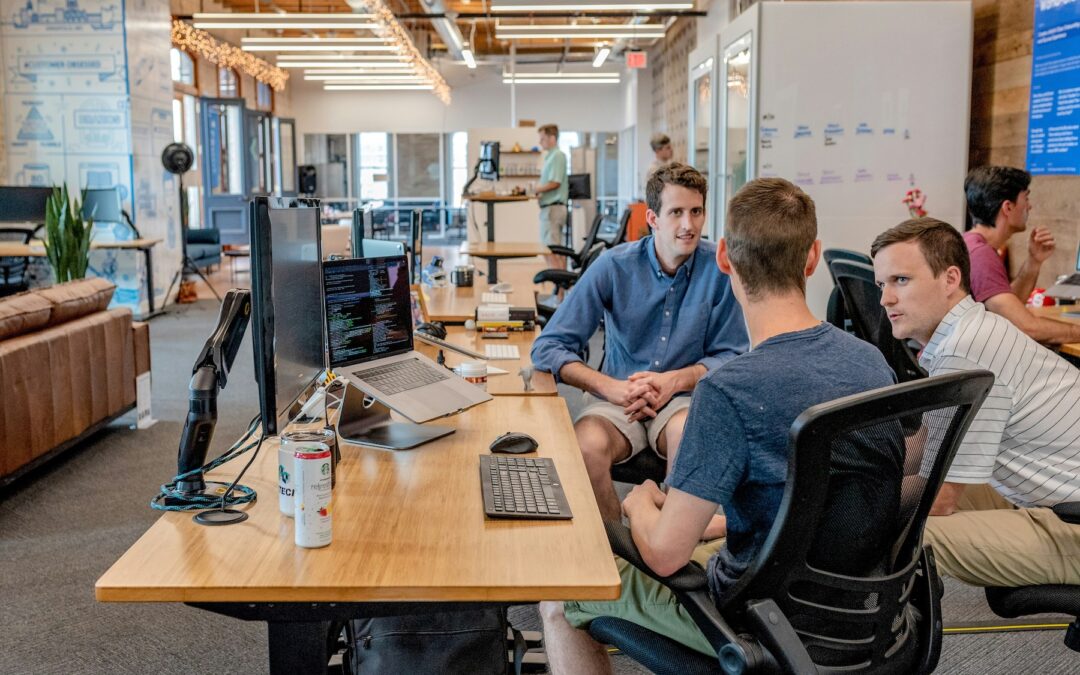Back in the 1920s, many countries of the world experienced a cultural and economic boom following the devastation of World War I. The American economy grew by more than 40 percent during this time, and stock market prices climbed rapidly. The recovery throughout the decade was so profound, it’s now known as the Roaring Twenties. As we begin emerging from the COVID-induced havoc of 2020, experts are predicting substantial growth in the US GDP and the overall economy in 2021 and beyond. Could another Roaring Twenties era be just around the corner?
According to the Wall Street Journal, the US economy may grow as much as 4.3 percent this year alone and could continue to grow by another 2.4 percent in 2022. In pre-pandemic times, yearly GDP growth hovered right around 2 percent. Plus, with the recent news of an encouraging COVID-19 vaccination rate and consistently slower virus transmission, economists are only becoming more optimistic. Keep reading to find out more about the positive changes you can expect to see in the coming years.
Our Favorite Services Return
2020 saw the worst decline in US GDP since the end of World War II. Much of the sudden decrease in spending was due to many services simply being unavailable during the pandemic. Now, Dr. Fauci and other officials have predicted that the US will begin approaching herd immunity soon, and life may be able to begin returning to “normal” as soon as late summer. Fewer restrictions will make way for the return of many of the services consumers love.
In the second half of 2020, many service industries will presumably be able to return to their pre-pandemic offerings. Although consumer spending may not surpass 2019 levels until 2022, it will certainly begin bouncing back this year as consumers excitedly take advantage of returning luxuries. Now that they’re finally allowed to make these purchases, pent-up consumers are unlikely to hold back.
Spending Our Savings
Last year brought us many stressors and restrictions, but the shutdowns also caused many Americans to save the money they would normally spend on events and other leisure activities. According to the US Bureau of Economic Analysis, the US personal saving rate more than doubled between March and April last year. Plus, travel restrictions and safety concerns helped many people save thousands of dollars they would normally spend on annual vacations. In 2019, the average Baby Boomer spent an average of $6,600 on vacations alone, while younger Millennials spent an average of $4,400. At this point, some Americans now have more cash saved up than ever before.
In the coming years, expect consumers to be enthusiastic about breaking out of quarantine and spending their saved-up cash on fun nights out and new experiences. Many of the hard-pressed industries during the pandemic will likely see a significant bump in revenue from enthusiastic customers. Research from Brookings indicates businesses in the food service, transportation and recreation industries saw severe contraction in 2020, but will also see a particularly quick recovery within the next couple years. For companies in these sectors, now is the time to capitalize on the growing excitement with high-quality service, interesting new offerings and other tactics that can turn eager consumers into loyal customers for the years to come.
Back to the Office
After a year of consistent remote work for many Americans, many companies are now slowly returning to in-person offices. This shift in work environment will have an immediate financial impact on surrounding areas and may breathe new life into businesses that rely on office culture. Coffee shops and restaurants with lunch service, the former go-to destinations for office workers, will likely see an uptick in traffic in the coming year. We also expect there to be an increased willingness from customers to sit and enjoy dine-in service after months of being cooped up.
Companies themselves may also be keen to spend more on company parties and events when it’s deemed safe to do so. With employees working from home in the midst of challenges with kids’ virtual learning and health worries, one of their only rewards until now has been awkward company Zoom happy hours. Although it may take slightly longer for larger events to be fully restored, there’s just something rejuvenating about forming relationships and creating experiences in person that can’t be replicated virtually. Perhaps by December, we’ll finally have the chance to make new memories and exchange hugs at long-awaited holiday parties.





0 Comments